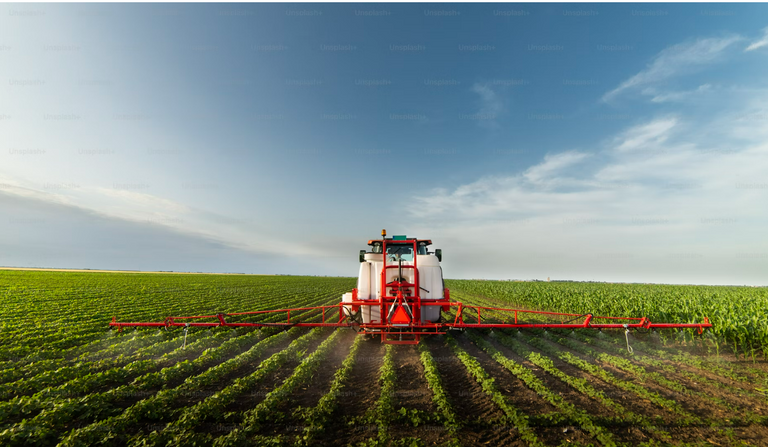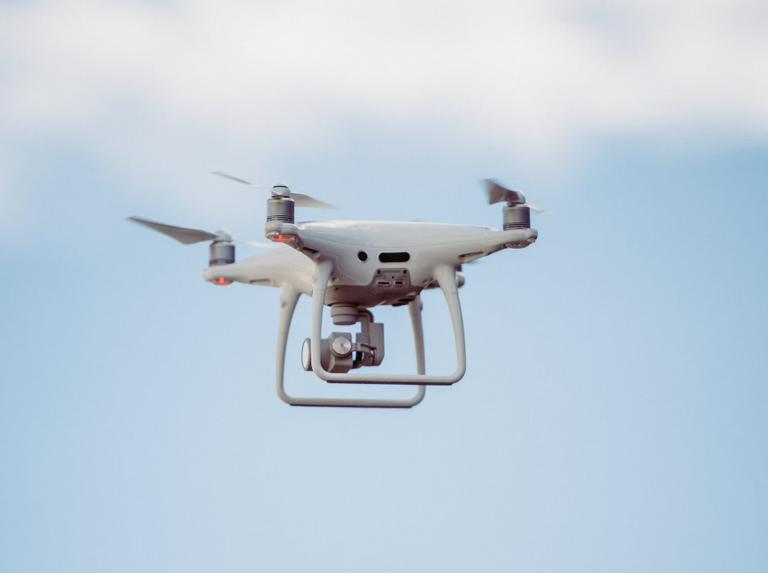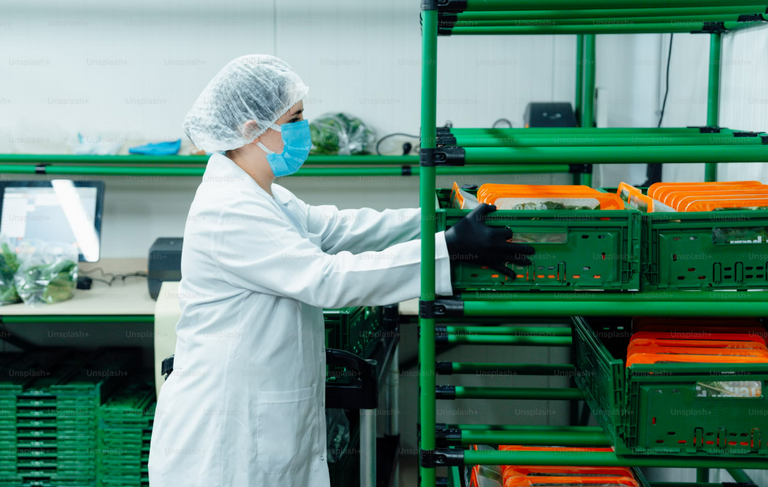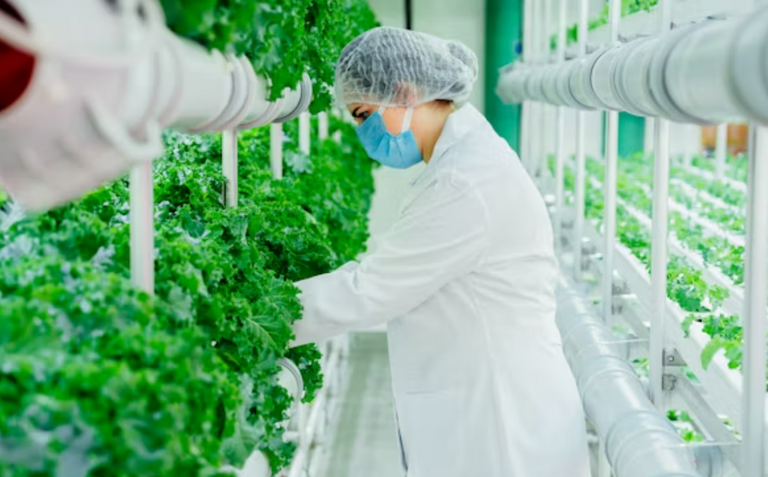How Technology is Transforming Agriculture: The Rise of Agrotech
Agriculture is undergoing a technological revolution that is reshaping the way we grow food, manage farms, and sustain the environment. From AI-driven analytics to automated farming, technology is making agriculture more efficient, productive, and sustainable. This post explores the major advancements in Agrotech and how they are transforming farming.
1. Precision Farming: Data-Driven Agriculture
Precision farming uses GPS, sensors, and data analytics to optimize every aspect of farming.
- Smart Sensors: Monitor soil health, moisture levels, and nutrient content in real time.
- Drones: Provide aerial imagery to detect crop diseases and pest infestations.
- GPS-guided machinery: Enables accurate planting, fertilization, and irrigation, reducing waste.
🔹 Impact: Higher crop yields, reduced costs, and better resource management.
2. AI & Machine Learning in Agriculture
Artificial Intelligence (AI) is helping farmers make data-backed decisions by analyzing patterns and predicting outcomes.
- AI-powered crop monitoring: Detects early signs of diseases and nutrient deficiencies.
- Automated weed detection: Uses AI to identify and eliminate weeds without harming crops.
- Predictive analytics: Helps farmers plan for weather changes, pest outbreaks, and yield forecasts.
🔹 Impact: Reduces crop losses, enhances decision-making, and minimizes labor costs.
3. Robotics & Automation: The Future of Farming
Robots and autonomous machines are reducing the need for manual labor in farming.
- Autonomous Tractors: Self-driving tractors handle plowing, seeding, and harvesting efficiently.
- Robotic Harvesters: Pick fruits and vegetables with precision, reducing waste.
- Automated Weeding Machines: Use lasers or mechanical arms to remove weeds without chemicals.
🔹 Impact: Increases efficiency, lowers labor costs, and improves food production speed.
4. IoT & Smart Farming
The Internet of Things (IoT) is connecting farms through smart devices that monitor and control farming operations.
- Smart Irrigation Systems: Adjust water usage based on weather and soil moisture.
- Livestock Monitoring: Wearable sensors track animal health, location, and feeding patterns.
- Real-Time Weather Stations: Provide hyperlocal climate data for better planning.
🔹 Impact: Optimizes resource use, improves animal welfare, and increases farm productivity.
5. Vertical Farming & Hydroponics
Innovative farming methods like vertical farming and hydroponics are revolutionizing crop production in urban areas.
- Vertical Farms: Grow crops in stacked layers using LED lighting and controlled environments.
- Hydroponics & Aeroponics: Grow plants without soil, using nutrient-rich water solutions.
- Climate-Controlled Greenhouses: Ensure year-round production with minimal space.
🔹 Impact: Saves water, reduces land use, and enables farming in urban settings.
6. Blockchain for Supply Chain Transparency
Blockchain technology is improving the traceability and transparency of agricultural supply chains.
- Smart Contracts: Automate transactions between farmers, suppliers, and buyers.
- Food Traceability: Tracks the journey of food from farm to table, reducing fraud.
- Fair Pricing for Farmers: Ensures direct payments without middlemen.
🔹 Impact: Builds trust in food safety, reduces fraud, and empowers farmers economically.
7. Genetic Engineering & Biotechnology
Advancements in biotech and genetic engineering are creating more resilient and high-yielding crops.
- GMO Crops: Genetically modified crops resist pests and require fewer pesticides.
- CRISPR Gene Editing: Enhances plant resistance to drought, disease, and extreme weather.
- Synthetic Biology: Develops lab-grown meat and alternative proteins.
🔹 Impact: Improves food security, reduces pesticide use, and enhances crop nutrition.
8. Renewable Energy in Agriculture
Sustainable energy solutions are reducing farming’s carbon footprint and lowering energy costs.
- Solar-Powered Farms: Provide electricity for irrigation, cooling, and machinery.
- Biofuel Production: Converts agricultural waste into energy.
- Wind Energy on Farms: Reduces dependence on fossil fuels.
🔹 Impact: Lowers operational costs and makes farming more environmentally friendly.
Final Thoughts
Agrotech is redefining the future of agriculture by making farming more efficient, sustainable, and profitable. With continued innovations in AI, robotics, IoT, and biotechnology, farmers can produce more food with fewer resources, ensuring global food security.



